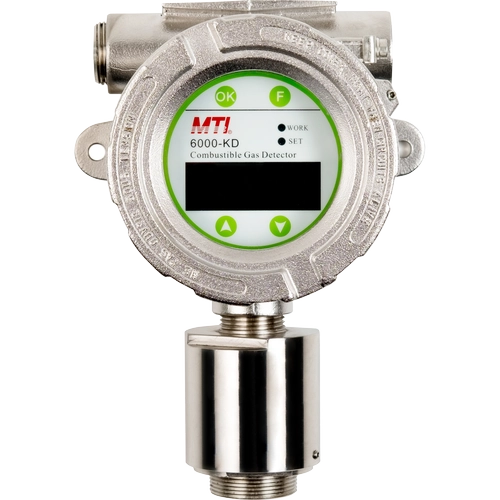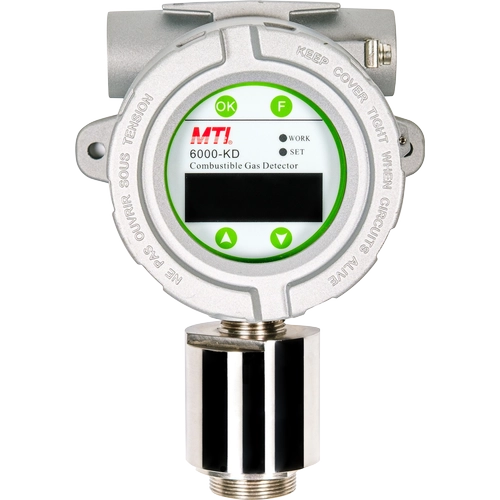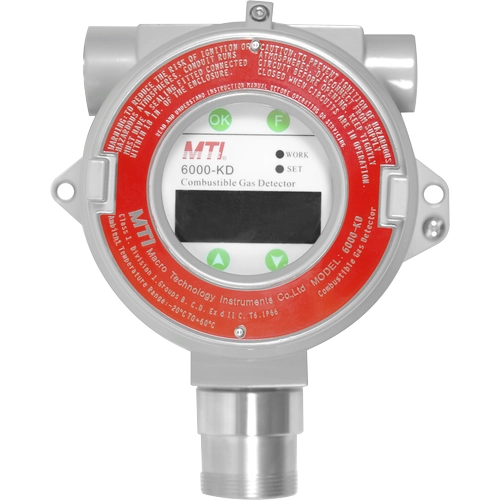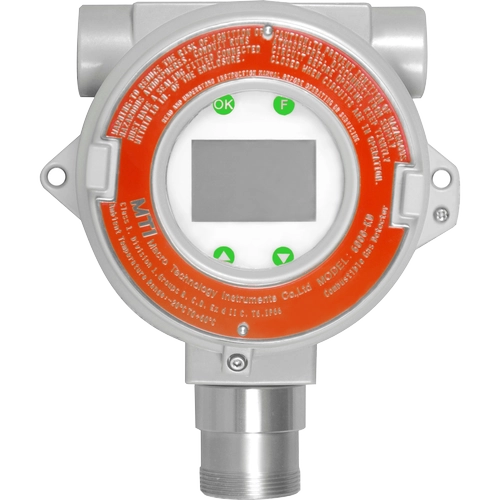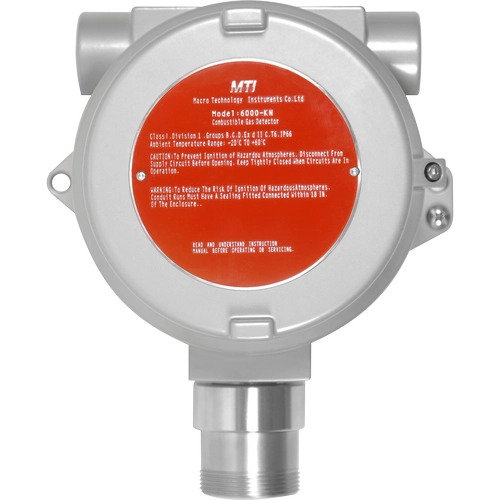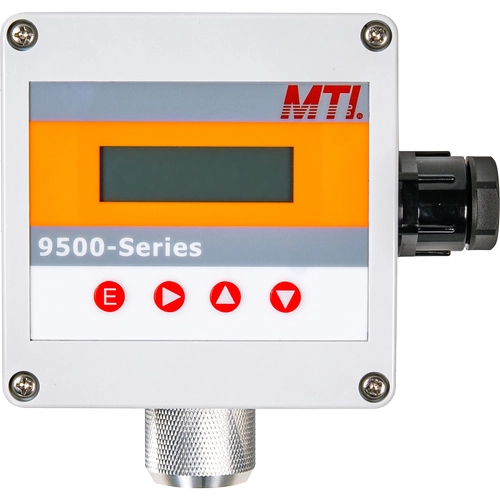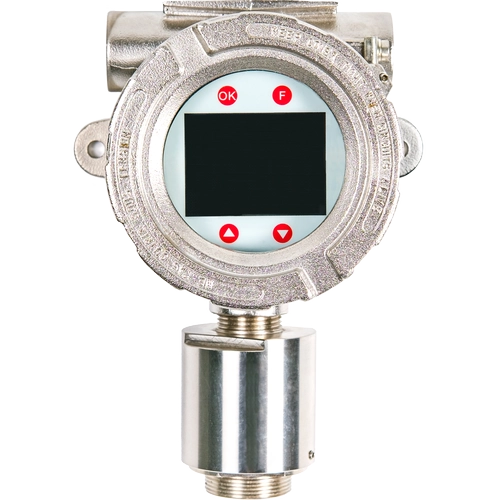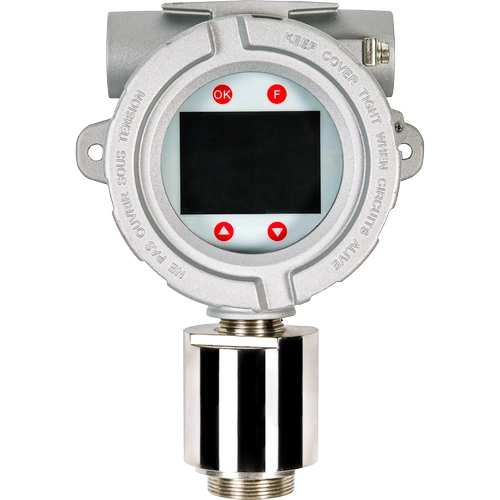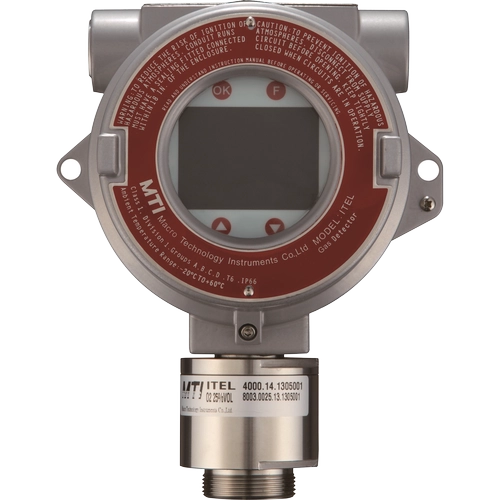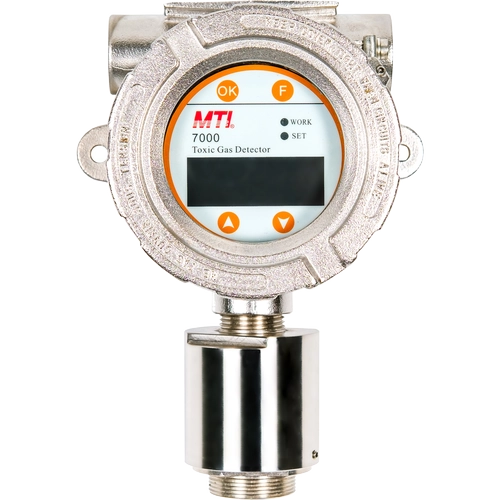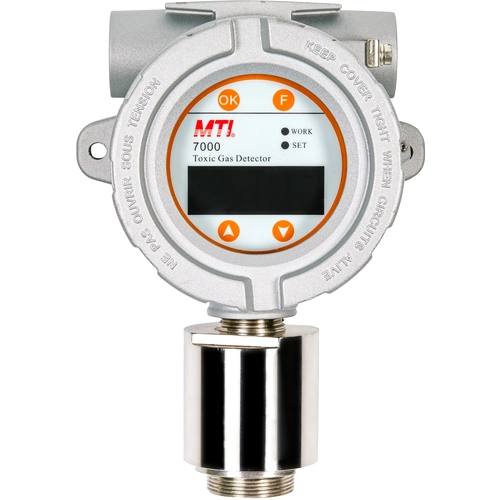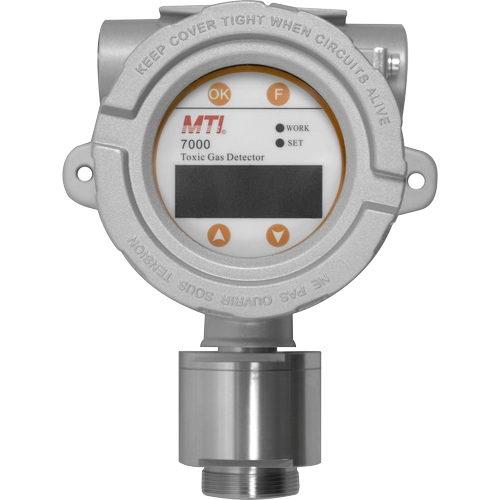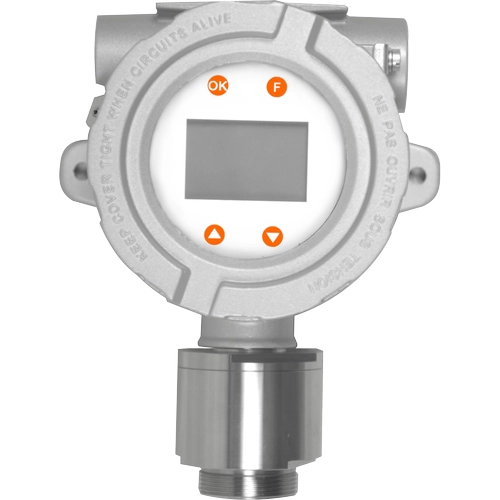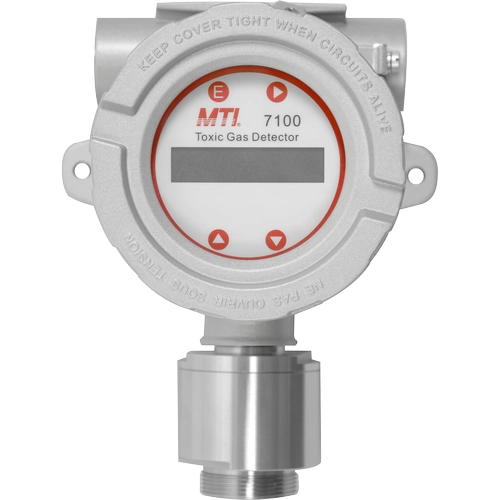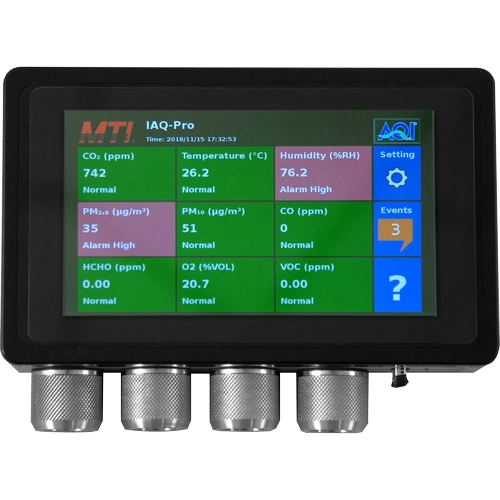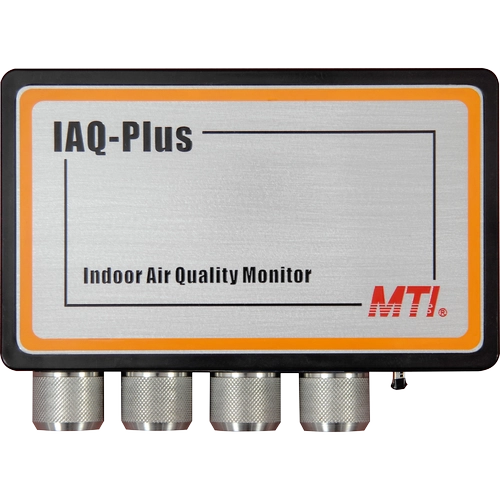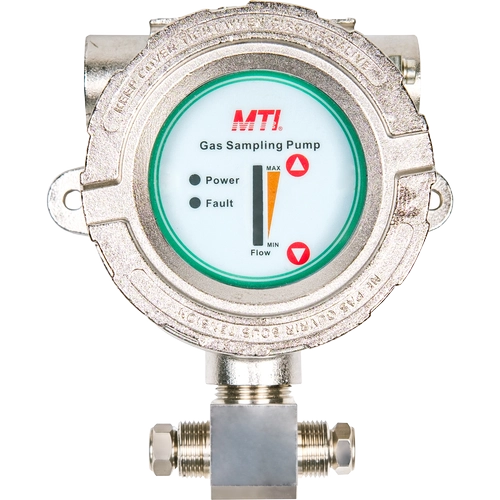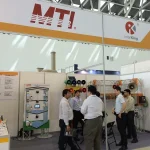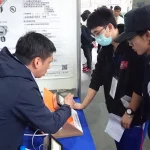Gas leaks are a constant threat to factories!
Flammable
Gas leakage may cause fire or explosion hazards.
- Methane (CH₄): Natural gas with a wide range of explosion limits.
- Ethane (C₂H₆): Natural gas, Used for heating and fuel.
- Propane (C₃H₈): Liquefied petroleum gas for domestic and industrial use.
Toxic
Excessive inhalation or exposure to this gas can be harmful to the human body.
- Ammonia (NH₃): Causes irritation to respiratory tract.
- Sulfur dioxide (SO₂): Causes respiratory tract irritation.
- Hydrogen sulfide (H₂S): Causes poisoning and is harmful.
VOC
Impact on the environment and human health.
- Formaldehyde (HCHO): Building materials, furniture, coatings
- Benzene (C₆H₆): Chemical industry, found in petroleum.
- Acetone (CH₃COCH₃): Widely used in industrial processes.
Information
Introduce Gas detectors
In the field of industrial safety where many potential dangers lurk, gas detectors are like sentinels, tirelessly monitoring whether there are dangerous gases in the air. These complex pieces of equipment play a critical role in safeguarding worker well-being and preventing catastrophic events in a variety of industrial settings. This article takes an in-depth look at the purpose and significance of gas detectors, exploring their functions, types and the critical role they play in maintaining a safe working environment.
Learn about gas detectors
Instruments specifically designed to detect and monitor gas concentrations in the air within industrial facilities. These gases range from flammable gases like methane and propane to toxic gases like hydrogen sulfide and carbon monoxide. The main purpose of these detectors is to provide early warning of potential hazards, allowing for timely intervention and mitigation strategies.
Gas Detector Functions
- Gas Detection:The main function of these detectors is of course gas detection. Gas detectors utilize various sensing technologies such as electrochemical, infrared and catalytic sensors to identify the presence and concentration of specific gases in the atmosphere.
- Alarm system:Once harmful gases are detected, the gas detector triggers the alarm system. The alert alerts people in the area that immediate action is required. The rapid response these alerts enable is critical to averting disaster.
- Data logging and analysis:Many modern gas detectors are equipped with data logging capabilities. This feature allows continuous monitoring and recording of gas concentrations over time. This data is invaluable for analysis, helping to identify trends, potential sources of leaks, and areas that may require corrective action.
- Integration with control systems:In advanced industrial settings, gas detectors are often integrated into the control system. This integration enables automated responses, such as shutting down equipment, activating ventilation systems or activating emergency plans in the event of a gas leak.
Types of gas detectors
- Single Gas Detectors:These detectors are designed to detect and monitor specific gases, making them ideal for workplaces where a single type of gas poses a potential risk.
- Multi-gas detectors:As the name suggests, these detectors can monitor multiple gases simultaneously. This versatility makes them ideal for environments with multiple gas-related hazards.
- Fixed and Portable Detectors:Fixed detectors are permanently installed at a specific location and provide continuous monitoring. Portable detectors, on the other hand, offer flexibility, allowing workers to carry them to different areas for mobile monitoring.
- Wireless connectivity:Some modern gas detectors are equipped with wireless communication capabilities. This feature transmits real-time data to a central monitoring station, thereby enhancing overall situational awareness.
Importance of gas detectors
- Worker Safety:The most important thing about gas detectors is the protection of human life. By providing early warning, these devices enable workers to evacuate potentially hazardous areas in a timely manner.
- Prevent accidents:Gas leaks can cause catastrophic accidents, explosions or health hazards. Gas detectors are the first line of defense, allowing preventive measures to be taken before an incident escalates.
- Compliance with regulations:Many industries are subject to strict regulations regarding air quality and gas exposure limits. Gas detectors help companies comply with these regulations, avoid legal disputes and ensure a safe working environment.
- Protect assets:In addition to personal safety, industrial gas detectors can protect valuable assets by preventing damage to equipment and facilities in the event of a gas-related incident.
Conclusion
In short, gas detectors are an indispensable tool for maintaining the safety of industrial environments. Their detection, alert and rapid response capabilities play a vital role in preventing accidents, protecting lives and ensuring compliance with regulatory standards. As technology advances, the capabilities of these detectors continue to evolve, helping to create safer industrial environments. Investing in high-quality gas detectors is more than a regulatory requirement; it is a commitment to workforce well-being and the sustainability of industrial operations.
In the workplace, explosion protection measures may be required if hazardous substances such as flammable gases, vapors, liquids or dusts are present. Therefore, the following points may help determine whether explosion protection measures are required:
- Confirm whether flammable gases or dusts are present in the workplace: Detecting the presence of flammable gases or dusts in the air in the workplace can determine whether explosion prevention measures are required.
- Confirm whether there are equipment or tools with explosion-proof requirements in the workplace: For example, in coal mining, oil and gas and other industries, explosion-proof mobile phones, explosion-proof lighting and other explosion-proof equipment and tools need to be used to prevent possible explosion hazards.
- Confirm the grade of the workplace: Based on the grade of the workplace, it can be determined whether the use of explosion-proof equipment and tools is required. For example, according to the standards of different countries and regions, workplaces are usually divided into different levels, and corresponding explosion-proof equipment and tools are used according to the different requirements of the levels.
- Consult professional institutions or personnel: If you are not sure whether explosion-proof measures are required, you can consult relevant professional institutions or personnel, such as safety production supervision and management agencies, explosion-proof equipment suppliers, etc., to obtain more accurate advice and guidance.

